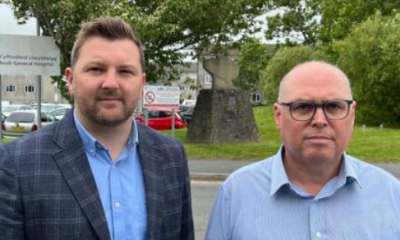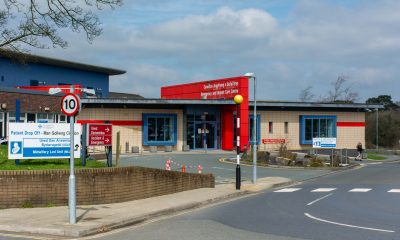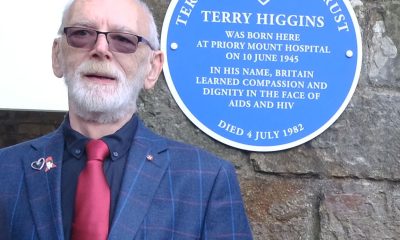Health
Better pregnancy or baby loss bereavement care for people in Wales
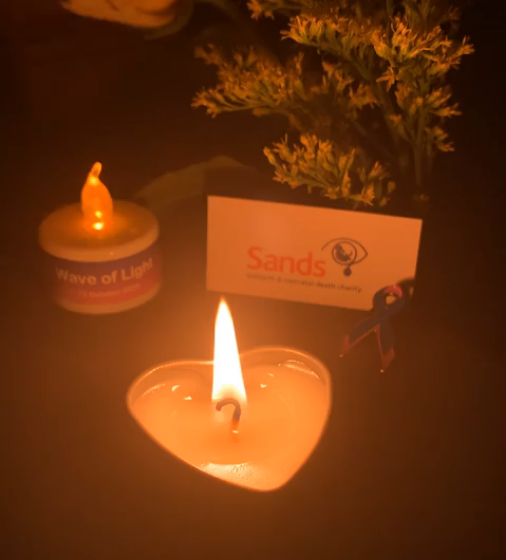
SANDS the UK’s leading pregnancy and baby loss charity, is supporting the National Strategic Clinical Network for Maternity and Neonatal Services to create tailored bereavement care pathways for those who have experienced pregnancy or baby loss in Wales.
The pathways aim to reduce inequalities and improve the quality of bereavement care provided to parents and families, and has been made possible by funding from the Welsh Government. The pathway materials will include guidance for healthcare professionals based on evidenced best-practice, and a set of standards relating to important aspects of bereavement care.
Good quality bereavement care is vital for parents who have experienced the loss of a pregnancy, or whose baby has died. It includes sensitive communication with parents, providing a bereavement room away from maternity or labour wards, and parents being given informed choices about decisions relating to their care and the care of their babies.
Clea Harmer, Sands’ Chief Executive, said: “Everyone affected by pregnancy loss or the death of a baby deserves high quality bereavement care and support.
“We know that no level of care can remove the grief that many parents will feel after pregnancy loss or the death of a baby, but good care can make this devastating experience feel more manageable. We also know that poor quality or insensitively delivered care can compound and exacerbate pain.
“This launch follows a huge amount of hard work and determination from our partner organisations, the generous support of many bereaved parents and families, and medical professionals who have shared their experiences.
“We hope that through supporting the National Strategic Clinical Network for Maternity and Neonatal Services, we can work together to make sure everyone affected by pregnancy or baby loss gets the care that they need.”
In developing the pathways for Wales, Sands carried out a series of listening events for parents and health professionals during 2024, to understand how bereavement care in Wales can be improved.
These insights will be incorporated into work with the National Strategic Clinical Network for Maternity and Neonatal Services to introduce pathways to address specific needs after miscarriage, Termination of Pregnancy for Foetal Anomaly (TOPFA), stillbirth, neonatal death or Sudden Unexpected Death in Infancy (SUDI).
Chief Midwifery Officer for Wales, Karen Jewell said: “We are delighted that we have been able to support this important initiative to develop and implement a National Bereavement Care Pathway for Pregnancy and Baby Loss.
“Pregnancy loss or the death of a baby is devastating, and this initiative will help to ensure that every family who suffer from this are appropriately and compassionately supported.
“Our significant investment into bereavement services will improve care and ensure consistency across Wales, the Bereavement Support Grant will continue to support organisations like Sands to extend and deepen bereavement support and fill the gaps that currently exist.”
Healthcare professionals are an important part of the Sands community, and the charity wants to support them to deliver good bereavement care. The pathways will introduce dedicated support for medical staff who care for bereaved families in Wales.
Cara Moore, Lead Midwife from the National Strategic Clinical Network for Maternity and Neonatal Services said: “We are thrilled to be leading the development and implementation of the development and implementation of bereavement care pathways in Wales in collaboration with Sands. The development of pathways will ensure consistent high quality and sensitive bereavement care is offered to all bereaved parents in Wales. This will be supported through training, interdisciplinary collaboration and continuous monitoring and promises a sustained improvement in the experiences of bereaved parents.
“We are also pleased that the implementation of the pathways align with and supports long term plans for the delivery of high quality maternity and neonatal care in Wales.”
Marc Harder, Head of Bereavement Care & Hospital Liaison at Sands, said: “Earlier this year, bereaved parents and families in Wales generously shared their stories of pregnancy and baby loss with us during a series of listening events. Key themes that arose included gaps in compassionate care, inappropriate and insensitive medical terminology, care outside of the hospital and inconsistency in bereavement care provision.
“We are delighted to be working in partnership with the National Strategic Clinical Network for Maternity and Neonatal Services to develop bereavement care pathways that will begin to address these concerns and lead to higher quality care at such a difficult time for parents and families. We will continue to work with parents, professionals and other stakeholders to ensure an evidence-based and community-led approach to the development of Wales-specific pathways.”
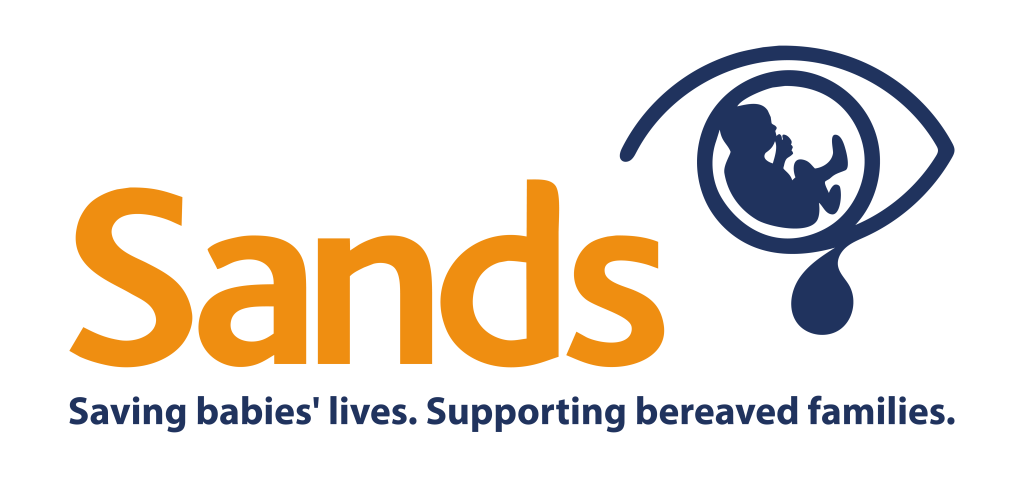
More information about the bereavement care pathways in Wales
The project in Wales is led by Sands in collaboration with a number of other charities and professional organisations, and funded by the Welsh Government. The project provides dedicated, evidence-based care pathways designed for all healthcare professionals and staff involved in the care of women, birthing people, partners and families at all stages of pregnancy and baby loss.
Five experiences of pregnancy or baby loss are included in the pathway project including miscarriage, TOPFA, stillbirth, neonatal death and SUDI.
Sands is here to support all bereaved families in Wales and across the UK. The charity provides support through its Freephone helpline, online community and resources, and through a network of regional support groups run by trained befrienders, all offering in-person peer support.
Find out more about all the ways the charity offers bereavement support.
Business
Crymych golf simulator, play space and wellness centre call
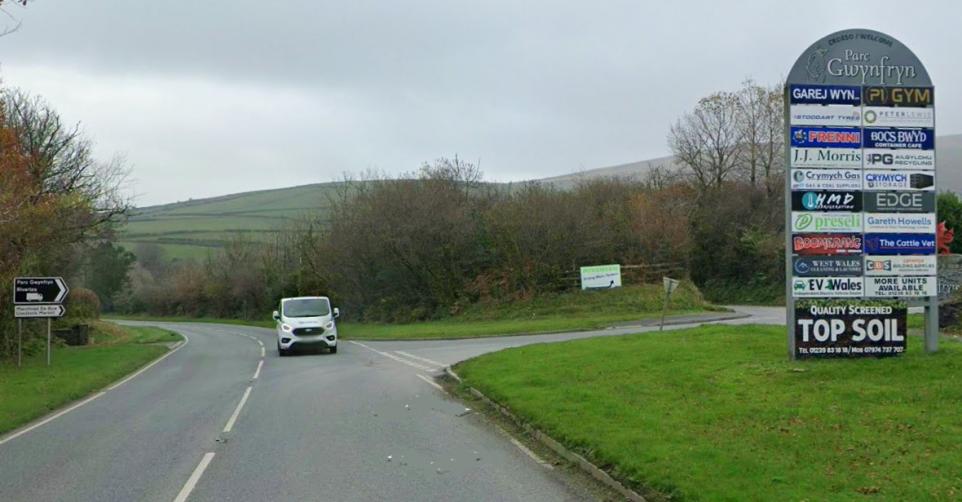
A CALL for approval for the use of Crymych industrial units as a golf simulator, child’s play space and a wellness centre offering a sauna, ice baths, and oxygen therapy has been submitted to county planners.
In an application to Pembrokeshire County Council, Mr and Mrs Evans, through agent Preseli Planning Ltd, seek a partly retrospective permission for the erection of commercial building containing three individual business units, at a former vacant storage yard at Parc Gwynfryn, Crymych.
A supporting statement says: “The building provides three sperate business spaces, two of the units are occupied, one as a golf simulator (7B 2) a second is occupied by a child’s role play and play space (7B 4) and the central unit (7B 3) is currently unoccupied, proposed to be let as a wellness centre.”
The site owners and applicants, Mr and Mrs Evans, are also the operators of the golf simulator enterprise and the original developers of the industrial estate, the statement says.
“The aim of the application is to regularise the existing building and existing and proposed uses. The building was substantially complete May 2025 and first occupied June 2025. Unit 7B2 is occupied by a golf simulator whereby users book slots online and self-serve.
“Unit 7B3 is currently unoccupied but would be occupied by wellness centre once planning permission is granted, consisting of sauna, ice baths, cryotherapy room, oxygen therapy etc. Unit 7B4 is occupied by a new enterprise which offers indoor roleplay space for children, Byd Bach.”
It adds: “In terms of the golf simulator, this is owner managed and the sites proximity to their main office within the site makes managing and attending the unit convenient and enables multiple businesses to be managed by the same members of staff.
“In terms of Byd Bach, this is operated by a local couple who also manage other premises in Crymych, amongst other employment. The site’s proximity to Crymych is therefore important and these arrangements are only successful given that the site is well-related to Crymych.
“The offering would not disrupt existing comparable provision, the closest facility of this kind being in St Clears, well beyond the catchment of this facility.
“The third unit is not yet occupied but would be operated by a local spinal injury sufferer, and athlete, who would benefit from the facilities themselves and offer therapy for others.”
Citing a recently-approved change on use of a building on the industrial site itself to a Hair and Beauty Salon, it said it was considered the development would not have a significant detrimental effect on the overall supply of business units or land in Pembrokeshire or Crymych.
The application will be considered by county planners at a later date.
Community
Emergency call to protect Withybush Hospital by local councillors

AN EMERGENCY call for Pembrokeshire’s council to take greater action in safeguarding the future of Withybush hospital is to be heard next week.
At the full council meeting of March 5, an emergency notice of motion by the council’s 11-strong Conservative Party group will demand that the Welsh Government immediately reverses the decision to cease emergency general surgery at Withybush Hospital.
Last year, Hywel Dda University Health Board consulted with its communities on options for change in critical care, dermatology, emergency general surgery, endoscopy, ophthalmology, orthopaedics, stroke, radiology and urology.
It said its Clinical Services Plan focuses on nine healthcare services that are “fragile and in need of change”.
The proposed changes included an option for Withybush patients needing specialist critical care being transferred to Glangwili.
At a recent two-day meeting, the board, amongst its many other decisions, backed changes into emergency general surgery which will see no emergency general surgery operations taking place at Withybush, but a strengthening of the same-day emergency care (SDEC).
A petition against the plans already has more than 4,000 signatures and has met an angry response from local politicians and campaigners.
At the March council meeting, the Conservative council group, led by Cllr Di Clements, will say: “The Welsh Government has powers of intervention in Sections 26-28 of the NHS (Wales Act) 2006 which enables it to intervene in decisions made by a health board, in this case the Hywel Dda University Health Board.”
It says that Pembrokeshire residents “have seen continual downgrading of services over the years, and this has been detrimental to all residents,” adding: “We believe this recent decision is life threatening to those who need emergency surgery and a matter of resident’s safety.
“Every hour lost, on average, survival rates decrease by four per cent. Those who live furthest west and north will be affected the most.”
The group adds: “We are concerned especially that this has the huge potential to affect A&E provision. With limited opportunity for doctors to operate we are concerned that our county hospital will be left with few or no senior surgeons and A&E will be forced to close.”
The group has also questioned the accuracy of figures quoted by the First Minister Eluned Morgan on the number of affected patients, saying: “HDUHB own figures for the changes to emergency surgery put the number at nine per week, not five.”
The group has said it “acknowledges that Pembrokeshire County Council has no control over health services in the county, but the 60 county councillors represent approximately 120,000 people who at some point may need hospital services”.
Group leader Cllr Di Clements said: “I am certain the whole county will support our aim to prevent any more downgrading of services at Withybush.
“We are treated like second class citizens, and it is just not good enough.”
Health
Davies and Kurtz attack ‘fantasy hospital’ pledge for west Wales

Senedd Members demand immediate investment in Withybush and Bronglais as election campaign intensifies
SENEDD Members Paul Davies and Samuel Kurtz have launched a fresh attack on Welsh Labour’s renewed pledge to deliver a new regional hospital for west Wales, branding the proposal a “desperate pre-election distraction” from mounting pressures on frontline services.
The intervention follows comments from First Minister Eluned Morgan, who indicated that plans for a new hospital serving west Wales would be progressed ahead of the Senedd election in May.
The concept of a new regional hospital has circulated for decades. Potential sites have previously been explored, but the project was effectively paused by Hywel Dda University Health Board, with delivery widely understood to be many years away due to financial and economic constraints.
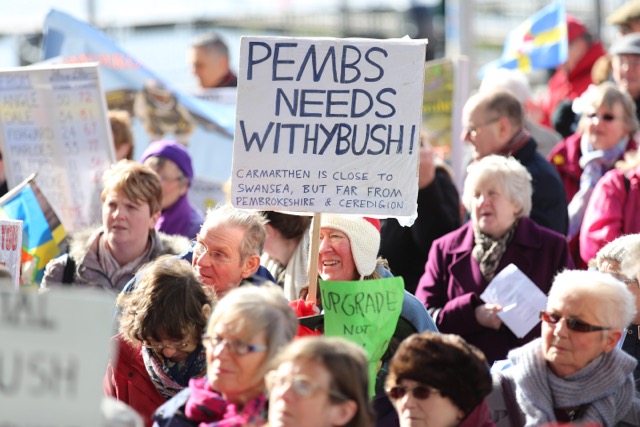
Davies and Kurtz argue that communities in Pembrokeshire and Ceredigion cannot afford to wait while uncertainty continues over services at Withybush Hospital and Bronglais Hospital.
Paul Davies MS said: “People in Pembrokeshire and Ceredigion do not need vague long-term aspirations. They need certainty and investment now. Services are being centralised and downgraded while we are told to wait for something that is neither fully planned nor properly funded.
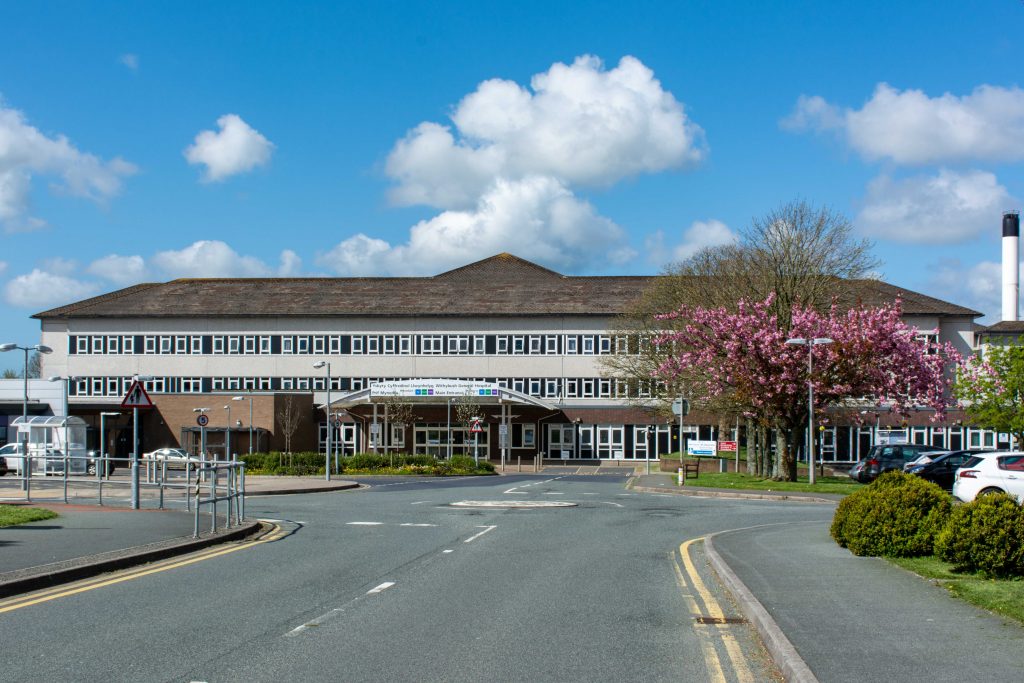
“Instead of chasing headlines, the Welsh Government should focus on safeguarding and strengthening services at Withybush Hospital and Bronglais Hospital. The message from our communities is clear: invest in the hospitals we have so people can access the care they need closer to home.”
The two MSs contend that immediate capital and workforce investment in existing facilities is the only credible way to guarantee patient safety, reduce excessive travel times for rural residents, and provide sustainable healthcare across west Wales.
They are calling on the Welsh Government to publish a fully costed and deliverable plan to protect core services at Withybush and Bronglais, rather than relying on what they describe as “recycled promises that never materialise.”
Samuel Kurtz MS added: “Just ahead of a Senedd election, the First Minister dusts off a decades-old plan and tries to sell it to local voters who can see straight through this empty promise.
“When 10,000 local people sign a petition demanding the Welsh Government intervene on Withybush, and all they can do is issue a press release about a plan that may not happen for another decade, it shows Labour are not serious about supporting the communities of west Wales.”
Government response
The Welsh Government maintains that long-term transformation of NHS services is necessary to secure sustainable healthcare provision across rural Wales. Ministers have argued that ageing hospital estates, recruitment pressures and increasing demand require modern infrastructure and strategic planning.
Labour has pledged significant capital investment in NHS facilities as part of its wider health strategy and says any future regional hospital would form part of a long-term programme designed to improve clinical resilience and patient outcomes.
The debate over the future configuration of hospital services in west Wales has intensified in recent years, particularly around emergency and specialist provision, with campaigners arguing that protecting local access must remain the priority.
Davies and Kurtz said confidence in local healthcare will continue to erode unless immediate, visible investment is made in frontline services at Withybush and Bronglais.
The Welsh Government and Hywel Dda University Health Board have been approached for further comment.
-

 Health6 days ago
Health6 days agoPetition calling for Withybush intervention nears 5,000 signatures
-

 News6 days ago
News6 days agoWelsh Government criticised after Russian-linked drone image used in defence announcement
-

 Crime7 days ago
Crime7 days agoMilford Haven pensioner admits sexually assaulting two shop workers
-

 Business7 days ago
Business7 days agoCouncil reviewing complaints over Computer Solutions Wales as concerns continue
-
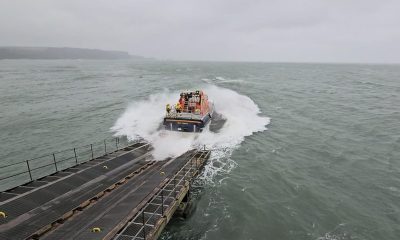
 News6 days ago
News6 days agoHoax 999 call sparks massive lifeboat and helicopter rescue — man arrested
-

 Community6 days ago
Community6 days agoPub reopens with VIP club launch and free drink offer
-

 Health6 days ago
Health6 days agoPetition against hospital service changes surges past 6,000 signatures
-

 Crime6 days ago
Crime6 days agoWest Wales man jailed for murder of five-month-old baby












